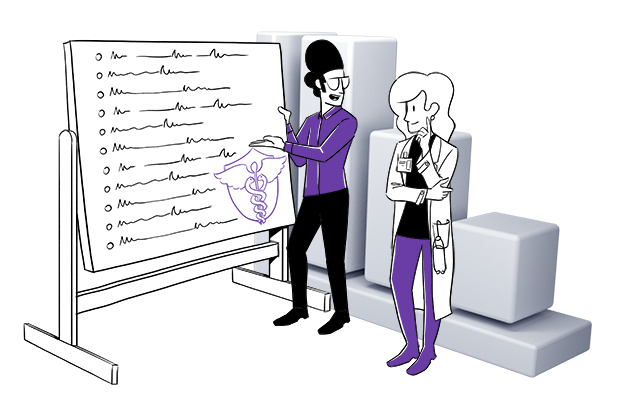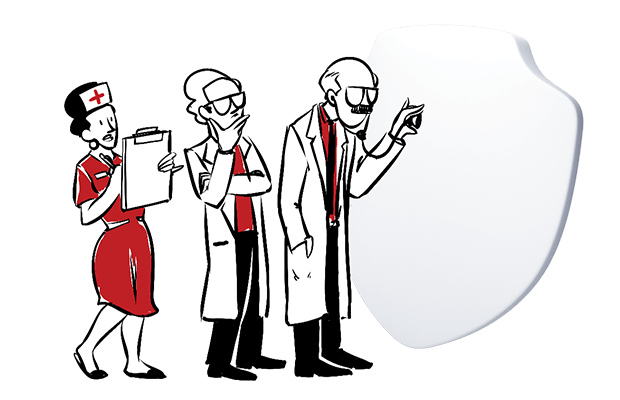Modern data stack is a comprehensive framework and set of tools designed to efficiently collect, process, analyze, and visualize data in a well-integrated cloud-based data platform. The main characteristics of a modern data stack include robustness, speed, and scalability. Compared to traditional fragmented architectures, the core assumption of the modern data stack is unified access to data across the business.
A typical modern data stack consists of the following:
- Cloud data warehouse
- Extract, Load, Transform (ELT) tools
- Data ingestion/integration services
- Reverse Extract, Transform, Load (ETL) tools
- Data orchestration tools
- Business intelligence (BI) platforms
The entire premise behind a modern data stack is to create an end-to-end flow of data from acquisition to integration, to persistence – where every layer is centered around the analytics platform.
Further reading:










